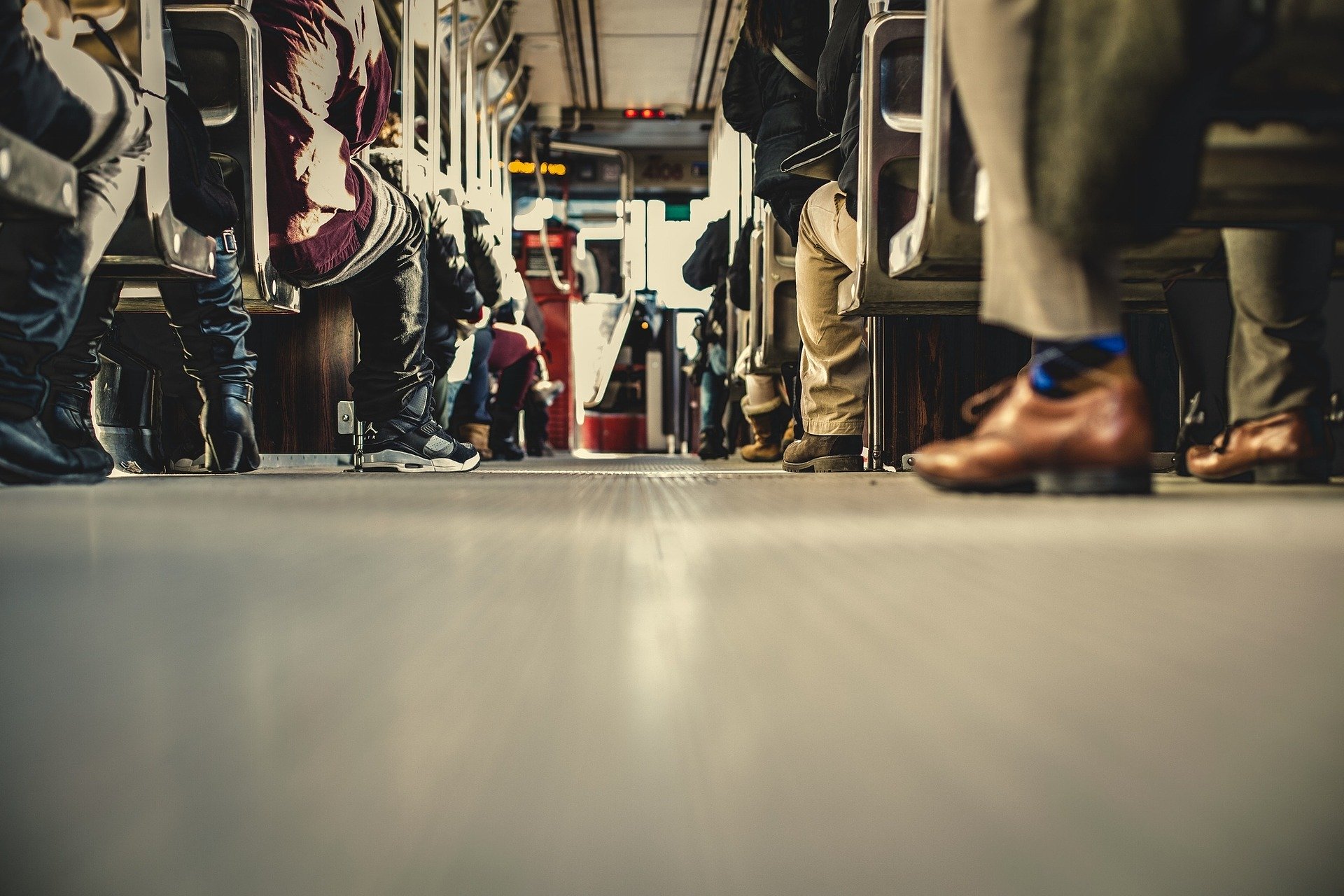
By Professor Kalwant Bhopal, Professor of Education and Social Justice & Director of the Centre for Research on Race and Education, University of Birmingham
“If we are serious about addressing such inequalities and how white privilege works, we must look to improving the lives of BME communities…”
Recent figures released from the ONS suggest that the number of COVID-19 deaths amongst members of the BME community is much higher compared to those from white and other backgrounds. A report published by Public Health England yesterday confirms this. The unsurprising consequence of the global pandemic seemingly accentuating inequalities that are already present in society. Marginalised and poor communities from BME groups are being further disadvantaged, as government responses to COVID-19 mirror the same inequalities that inform all aspects of social policy.
I argue this is no accident but rather, an extension of the perpetuation of structural and institutional racism in a neo-liberal society. Some commentators have appeared bewildered by evidence the virus is having a greater affect on BME groups. Frankly this suggests they are unaware of many aspects of daily life in the UK. Unaware for example that BME groups are more likely to be employed by the NHS or in care work, that they are also more likely to live in poorer housing and experience overcrowding, and suffer. BME people experience poorer health outcomes as a general rule rather than as a consequence of the current exceptional circumstances.
The more things change, the more they stay the same?
Richard Delgado and Jean Stefancic summarised the everyday experience of racism in all aspects of life as by noting it is ‘ordinary, not aberrational – “normal science”, the usual way society does business’. The disproportionate impact of Covid-19 on the lives of BME people is an ordinary consequence of our welfare state and of the priorities that inform the provision of healthcare, employment and education.
In my own research I have reported the ordinary and everyday racisms present in Britain for over 25 years and the most startling conclusion I draw from my own work is not the extent of racism. Rather it is the ease with which it is evidenced; the ease with which it is acknowledged within policy and the abiding sense that nothing ever really changes. Five years, or ten years from now, we will face a new crisis and we will read the same media commentators expressing their bewilderment in the face of BME people dying unnecessarily.
Last year was the 20th anniversary of the Stephen Lawrence Inquiry. The identification and eradication of structural ‘institutional racism’ at the heart of institutional life was the cornerstone of its recommendations. Recommendations that were, with very few exceptions, widely accepted within public and private institutions. Sadly, (or in a more literal sense criminally) these recommendations have been part of the rhetoric of public life rather than actions. The evidence for this failure is abundant; in the numbers of Black men stopped and searched by the police, in lower GCSE and A Level results and degree classifications for BME students or in the persistent inequalities in employment and earning outcomes. We don’t have to look hard to find this evidence; its out in the open and always has been.
White privilege: Protect and survive
It’s hardly surprising that Black groups are disproportionately dying from COVID-19. The predominance of whiteness and white privilege work to perpetuate and reinforce the powerless position of BME groups.
A denial of the processes of structural and institutional racism that manifests in different ways (through education, the labour market, health and poverty) work to perpetuate the myth that racism is no longer a problem. COVID-19 has shown us, once again, that this is not the case because racism is in Delgado and Stefancic’s words so very ‘ordinary’.
If we are serious about addressing such inequalities and how white privilege works, we must look to improving the lives of BME communities; addressing deeply entrenched structural and institutional racism in order that we can work towards a society which values equity and social justice for all of its members, rather than the privileged few. The collateral damage from COVID-19 for BME communities is already evident.
This article was originally published on the Academy of Social Science’s Campaign for Social Science website
- Copies of the report are available here
- More about Kalwant Bhopal at the University of Birmingham
- Back to Social Sciences Birmingham

1 thought on “Business as usual? Race, white privilege and COVID-19”